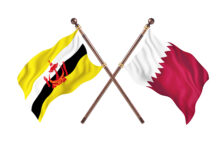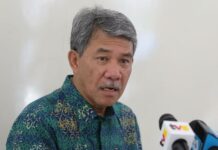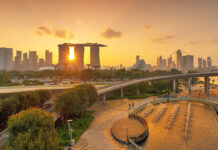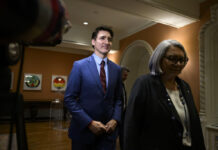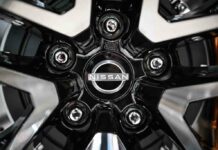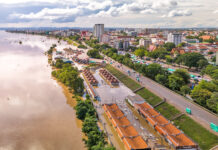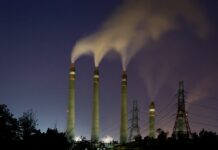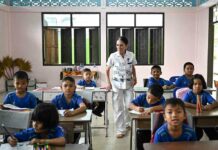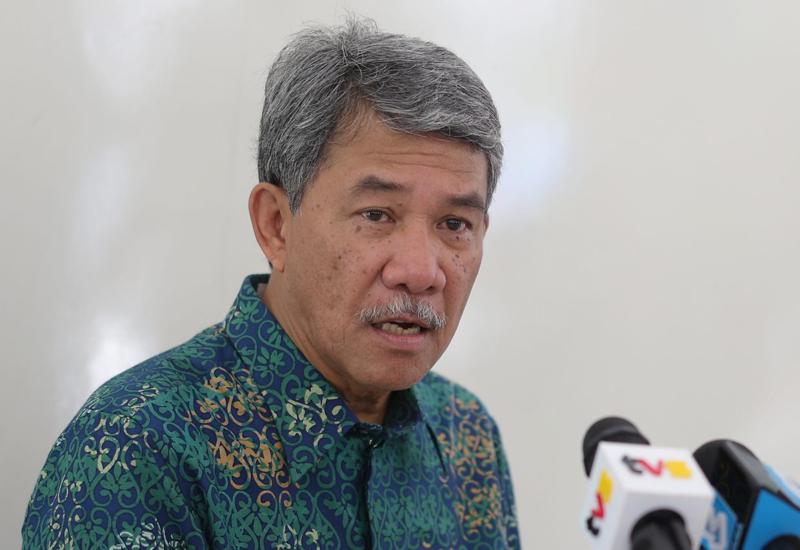LIMA (AFP) – Chinese President Xi Jinping warned Friday the world was entering an era of harmful “protectionism,” in remarks to an Asia-Pacific summit in Lima overshadowed by fears of new trade wars under Donald Trump.
On the eve of what will be his final official face-to-face with outgoing US President Joe Biden, Xi raised concern about “spreading unilateralism and protectionism,” China’s state news agency Xinhua reported.
He also cautioned against “fragmentation of the world economy” in a written speech prepared for a meeting of CEOs on the sidelines of the Asia-Pacific Economic Cooperation (APEC) summit, Xinhua said.
Xi and Biden are in the Peruvian capital for a two-day meeting of heads of state of the 21-member APEC grouping.
On Saturday, the sitting leaders of the world’s two largest economies will have their final official encounter before Trump takes office in January.
APEC, created in 1989 with the goal of regional trade liberalisation, represents about 60 per cent of world GDP and more than 40 per cent of global commerce.
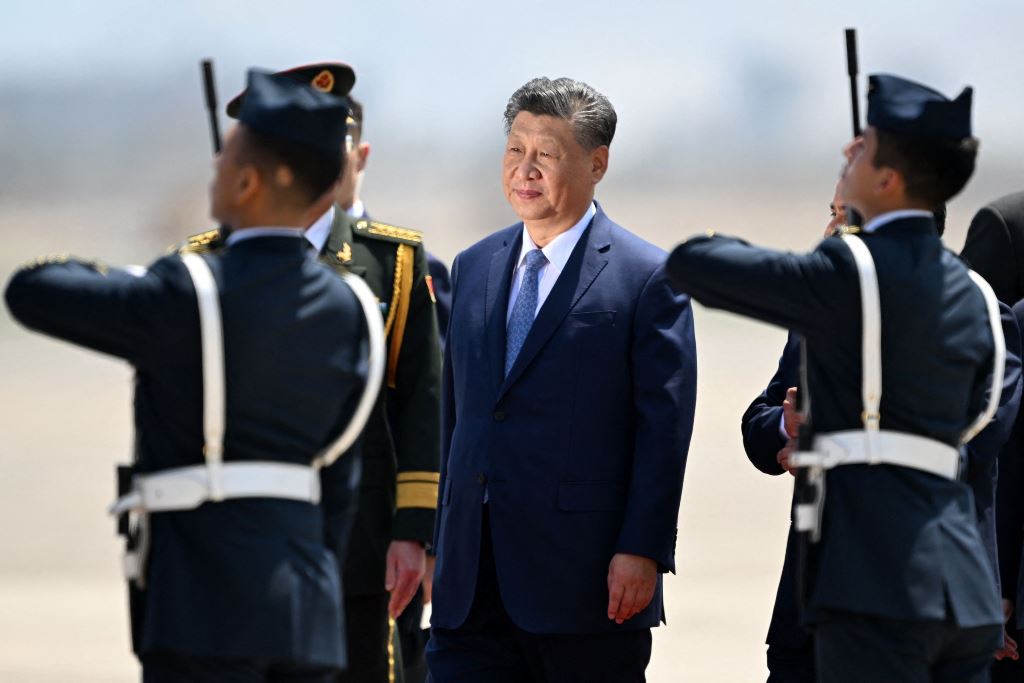
The summit program was to focus on trade and investment for what proponents dubbed inclusive growth.
But uncertainty over Trump’s next moves clouds the agenda — as it does for the COP29 climate talks underway in Azerbaijan, and a G20 summit in Rio de Janeiro next week.
The Republican president-elect has signaled a confrontational approach to Beijing for his second term, with threatened tariffs of up to 60 per cent on imports of Chinese goods to even out what he says is a trade imbalance.
In his prepared remarks, Xi said the world had “entered a new period of turbulence and transformation,” Xinhua reported.
Summit host President Dina Boluarte of Peru told leaders gathered for the summit opening Friday that economic cooperation must be bolstered as the world faces increased “levels of uncertainty (for) the immediate future.”
She added: “We need more contribution, collaboration and understanding, and less fragmentation.”
Xi was not present for the opening, but Biden attended with US Secretary of State Antony Blinken, whom Trump will seek to replace with Senator Marco Rubio, a China hawk.
US National Security Advisor Jake Sullivan said Saturday’s Xi-Biden meeting was an opportunity to “mark the progress that we’ve made in the relationship and also to manage it through this delicate period of transition.”
The goal was to “maintain a degree of stability, even as we continue to compete vigorously with the PRC (People’s Republic of China). We need to manage that competition so it doesn’t veer into conflict,” he told reporters on Air Force One Thursday.
Trump’s “America First” agenda is based on protectionist trade policies, increased domestic fossil fuel extraction and avoiding foreign conflicts.
It threatens alliances Biden has built on issues ranging from the wars in Ukraine and the Middle East to climate change and trade.
Economists say punitive levies on China would harm not only China’s economy but also that of the United States and its trading partners.
It could also threaten geopolitical stability.
China is an ally of Western pariahs Russia and North Korea, and is building up its own military capacity while ramping up pressure on self-governed Taiwan, which it claims as part of its territory.
Xi is set to meet his Chilean counterpart Gabriel Boric Friday, while Biden will hold talks with Japanese Prime Minister Shigeru Ishiba and South Korean President Yoon Suk Yeol — key US allies in Asia.
China isn’t the only APEC economy in Trump’s crosshairs.
The incoming US leader has threatened tariffs of 25 per cent or more on goods coming from Mexico unless it stops an “onslaught of criminals and drugs” crossing the border.
The APEC summit is also attended by Japan, South Korea, Chile, Canada, Australia and Indonesia, among others.
Russia is also part of APEC but President Vladimir Putin was absent.




